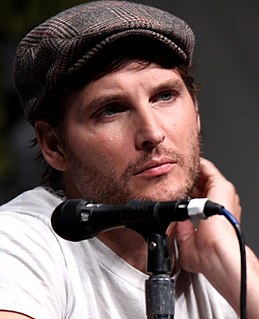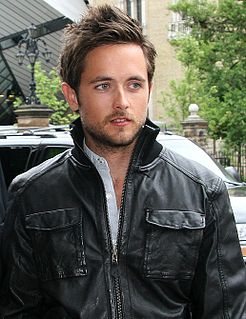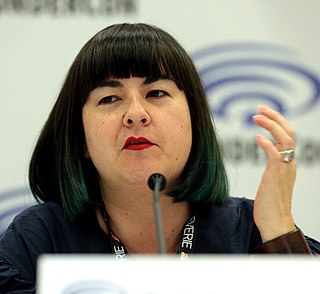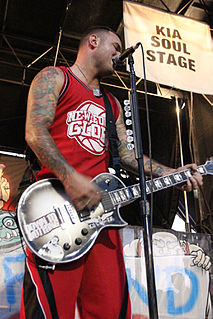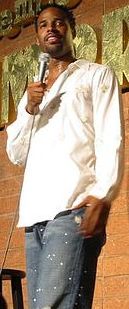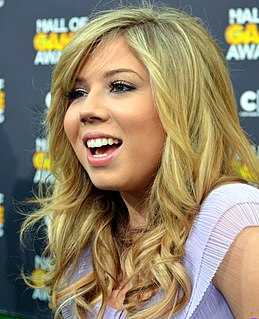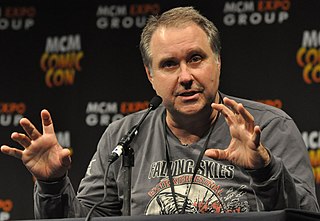A Quote by Peter Facinelli
There was a lot of expectations and pressure on the first one, because the fanbase is pretty big, when we were shooting the movie. I think the whole cast was aware of the responsibility we had to tell Stephanie's (Meyer) story, to try to get it right and take our work seriously.
Related Quotes
I took it really seriously... as serious as any actor could take a movie . I had so much fun doing movie Dragonball . But I take any part I do seriously because I feel a sense of responsibility to the young kids who have saved their money to go and see a movie. I feel it's my responsibility to make it the best I can, because I don't want to let anyone down.
There's a certain amount of pressure that goes with writing superhero characters, especially characters that are beloved to audiences. You know that you're always writing into a certain amount of expectations and into an existing fandom, and I try to take the pressure of that in when I first accept a project and then I try to push it aside as much as possible and just focus on the story that I want to tell. It's definitely a little more pressure than writing something of your own, from your own brain, and creating those expectations from scratch. But I also like the challenge of it.
The whole first movie [Twilight] was pretty fun. I had never really done a movie like it, when there's such a big cast of people that are around about the same age. Everyone didn't really know what was going to happen with the movie, but there was a good energy. There was something which people were fighting for, in a way. They wanted it to be something special. None of us were really known then, as well. It felt like a big deal, at the time.
The whole first movie [Twilight] was pretty fun. I had never really done a movie like it, when there's such a big cast of people that are around about the same age. Everyone didn't really know what was going to happen with the movie, but there was a good energy. There was something which people were fighting for in a way. They wanted it to be something special. Also, none of us were really known then as well.
Suddenly, I realized how tough trying to structure a story like this is. It was a lot of work. The one big advantage that we had was that we had eight scripts written before we started shooting, or even started casting. We had a really good opportunity to look at it and figure out where we were going to go and how to do it. Once we got a cast, which I love, then we started doing some revisions to make sure that they fit into it.
When filmmakers are kept from making films, there's a lot of different reasons why. Sometimes you work on a film and cast it and do all the work and can be just a month away from shooting, and all of a sudden, the whole thing goes up in smoke. But I do think the advent of a digital revolution is going to provide people with opportunities to make films that they never would have had before. I think you can do some pretty credible stuff now with very, very little money. Which I think is great for young filmmakers.
Now we may have more preachers out there than we have drinkers. But a fellow told me a story one time about a man down in Kentuckywhere they make bourbon. And he said you can take a jigger or two jiggers and get by all right. But if you try to take the whole bottle why you have lost what you started with. So don't try to take it too quick. And don't try to do all of it at once. I don't do much promising. I tell what my goals are and then I try to wrap it up and put a blue ribbon on it and get it delivered. We say put the coonskin on the wall.
After three days of shooting with Donald [ Sutherland], I was the only one he worked with for the first three days of the movie [The Winter Of Our Discontent] because of the crazy schedule. We [shot] a lot of this stuff, some of it incredibly intense and emotional. We had never had a conversation during that whole time. We didn't have time.
Directing is a big responsibility to take on. I think I'm only good at doing things I know very well. I don't direct movies because I get offered the new vampire movie or science fiction movie. I don't get offered those, anyway, but if I did, I would just tell 'em, "Look, I'm the wrong guy." I only do things about people and situations, and I do the ones that I think I'm the best guy for the job on, which is usually something I generate myself.
You start out with big dreams and I mean, big dreams artistically. You want to work with the greatest living directors, make a great movie. I wanted to make a great love story, I wanted to make a great epic and then you realize that the truth of it is that it's so hard to make a great film. It's hard to get a great role. Those big expectations change to realism pretty quickly. But what's never changed is my desire to work with great directors and to find projects that push me out of my comfort zone and keep me alive. I still don't think I've done my best work
